#SupplyChain
Suppliers to Michigan: Production Delays Are Bad for Business
The Motor & Equipment Manufacturers Association (MEMA) and Original Equipment Suppliers Association (OESA) have issued a letter to Michigan Governor Gretchen Whitmer saying they’re ready to start delivering components to manufacturers.
Despite Detroit automakers signaling a readiness to resume production, Whitmer has extended stay-at-home orders through May 15th — lifting some earlier restrictions on business and travel. However, the automotive industry still doesn’t have an official date to get things moving again, just a series of business plans outlining a gradual ramping up of production once lockdown mandates end.
Suppliers say that isn’t good enough. They want a clear-cut pathway toward industrial redemption.
Ford 'Confident' It'll Have the Transfer Cases It Needs
As it woos the UAW with health protocol and assesses suppliers to ensure their readiness when production resumes (whenever that ends up being), Ford Motor Company says a crucial component it needs for a great number of big-ticket vehicles will be there, too.
Hoping to get all of its ducks in a row before Michigan opens itself up for business, Ford had employees working feverishly in a state that contains no Ford plants.
Trashed by a Twister and Crucial to Ford, a BorgWarner Plant Struggles to Get Back on Its Feet
A South Carolina assembly plant that took major damage from a tornado back on April 13th is making headway in returning to production. It’s still a long way from normal, but the plant’s promise of “limited production” in the coming weeks should be music to the ears of Ford, which relies on the Seneca, SC facility for components for its biggest-margin vehicles.
It still isn’t known when exactly Ford plans to restart vehicle assembly in the U.S., but May 18th has been floated as a possibility. In Seneca, the tornado-toppled BorgWarner plant, builder of transfer cases for 4×4 systems, could be back in business by that point. Sort of.
Bad News for Ford: Carolina Twister Makes Direct Hit on Automaker's Supply Chain
An outbreak of tornadoes through the Gulf states and into the Southeast early last week saw one twister shatter a sprawling BorgWarner assembly plant. Known for building all-important transfer cases for four-and all-wheel drive vehicles, the Seneca, SC facility lay in near-ruins following the direct hit, though it wasn’t known which manufacturers sourced components from the plant.
Well, it turns out one recipient of Seneca-built parts is Ford — and it uses a lot of them.
Twister Trashes BorgWarner Plant; Volkswagen Receives Close Call
Powerful tornadoes ripped through the U.S. South and Southeast late Sunday and into the early morning hours of Monday, leaving behind a toll in human lives and property damage that’s still being assessed.
As the country — and world — suffers through the many disruptions borne of the coronavirus pandemic, one can’t forget that more conventional natural disasters, in all their power and fickleness, are capable of wreaking havoc on industries and supply chains, too.
Easier Said Than Done: Restarting the Automotive Industry
As the global health crisis pivots toward becoming an economic one, the automotive industry is understandably eager to know when it can begin producing cars again. The situation isn’t going to be as easy as throwing open a few breaker boxes and giving the thumbs up. A mile-long list of problems, many of which lack easy answers, will first have to be tackled before things return to normal.
Supply chains will be slow to move — and potentially severed — as other nations wait longer to walk back social distancing measures. Not all factories will resume operation at the same time, and not all parts suppliers or shipping agencies will have made it through the coronavirus pandemic intact. It’s also uncertain how quickly customers will return to the market. In tougher financial times, customers may remain hesitant in making large purchases; meanwhile, localized quarantines will undoubtedly continue suppressing sales in certain markets. Then we have the elephant in the room — the vast amount of money this colossal reboot is going to require.
Subaru Extends Shutdown, Cites Unpredictable Chinese Supply Chains
Subaru is joining the long list of automakers closing shop on account of the coronavirus. Japanese production is being suspended at the automaker’s main plaint in the country’s Gunma prefecture from April 11th through the first of May. It’s also idling the Oizumi engine facility as it announces plans to extend the suspension of its U.S. facility in Indiana. The plant will now be idled through April 20th.
While some of the closures are due to social distancing obligations, the rest is down to parts allocation. Subaru is heavily reliant on components manufactured in China, and it’s still not clear how things are actually going there. What is clear is that Subaru (and plenty of other manufacturers) can’t do without its robust industrial sector operating at full strength. Subaru CFO Toshiaki Okada said in February that “it’s impossible to manufacture cars without China.”
Dark, Contagious Clouds Gather Over the Auto Industry
With South Korea, Italy and Iran now reporting growing coronavirus outbreaks, it looks like this is going to be one of these long-haul illnesses that sends everyone to the store to stock on up on milk and bread. As you might have guessed, automakers have continued issuing warnings as the virus’ range continues to expand. On Wednesday, Toyota announced that its Japanese plans will undoubtedly be impacted by parts shortages over the next few weeks as Chinese suppliers remain dormant.
The worst of the outbreak is still located in Wuhan, where the virus is spreading out toward China’s coastal cities. Reliable figures for the number of people affected are difficult to come by. The Communist Party of China (CPC) and World Health Organization (WPO) both claim China had this one in the bag, with new cases always reported as “slowing” — an assertion you would be forgiven for doubting. COVID-19 seems anything but under control. This week, the Centers for Disease Control and Prevention told U.S. citizens to prepare for the worst as the stock market stumbled over fears of a global pandemic.
Japan Readies Auto Industry for Coronavirus Complications
Yep, we’re still talking about the damned coronavirus. But how could we not, with the situation being obfuscated from all sides as the outbreak just seems to worsen? Both Japan and South Korea have reported their first deaths relating to the virus; meanwhile, the unsettling theory that 2019-nCoV was created in a Chinese laboratory has grown by leaps and bounds.
While the mainstream media has dismissed this as an unfounded conspiracy, loads of circumstantial evidence published by reputable sources leave one wondering. Our favorite is that the exotic meat market initially pegged as the disease’s point of origin was across the the street from (get this) a viral disease laboratory. Senator Tom Cotton (R-AR) has repeatedly pushed for the virus’ origin to be found, saying “We also know that just a few miles away from that food market is China’s only biosafety level 4 super laboratory that researches human infectious diseases,” only to be framed as an alarmist crank.
There was also a Chinese coverup (similar to SARS) that kicked off when police detained eight doctors in Wuhan for attempting to warn the public of a potential outbreak. The point here is that nobody seems ready to give (or even search for) answers in China. Naturally, this has left people confused and scared, rather than just scared.
Bad Omen: Shutdown Extended in China's Manufacturing Heartland
If you recall our piece from yesterday, automakers like Nissan are counting on Chinese workers to return to their factories on February 21st, thus preventing a widespread parts shortage that could idle plants on a global scale. That date would be the first day of resumed work in Hubei province following a government-mandated shutdown of all facilities — a tactic aimed at halting the spread of novel coronavirus.
If workers return Friday, the thinking went, the supply chain disruption currently afflicting the world’s automakers won’t be too bad. Well, bad news.
China now says Hubei won’t come online until March 11th.
GM Downplays Virus Threat to Lucrative Truck Lines
We’re not talking about a digital threat here; no, it’s more just one more headache caused by the viral outbreak rampaging through the Chinese manufacturing heartland — the source of so many components crucial to domestic auto production.
At General Motors, a supply chain disruption is the last thing the company needs after weathering an expensive 40-day strike at its U.S. plants last fall. The automaker is now attempting to allay fears of idled plants in the wake of an ominous social media post.
Joint Battery Plant a Go for Down-on-its-luck Lordstown
A battery plant mentioned in General Motors’ recently ratified UAW labor contract will soon become a reality in the hard-hit city of Lordstown, Ohio. That locale recently saw the lights go out at GM’s Lordstown Assembly, which closed its doors this spring after the discontinuation of the Chevrolet Cruze. The plant’s now in the hands of a fledgling electric automaker.
On Wednesday, GM announced the spending of $2.3 billion and the creation of 1,100 jobs in Lordstown — a necessary move to supply the automaker with battery packs for its electric vehicle push.
Supplier Shortage Causes F-150 Production Hiccup
Ford has paused production of the F-150 at its Kansas City Assembly Plant after a fire at one of the facilities belonging a Michigan-based supplier created a parts shortage. Meridian Lightweight Technologies makes instrument panel components for the pickup.
Roughly 3,600 unionized plant workers at the Kansas City facility have been told to cool their heels at home from May 7th to 14th, according to an Automotive News report.
Despite Hurdles, Tesla Promises a Semi Truck for Thursday
Unbothered by the constraints of space and time, Elon Musk took to Twitter yesterday, breathlessly announcing a press conference for Thursday. Is the call’s topic set to address Model 3 production troubles? Or, perhaps, provide some insight into the supply chain woes at the Gigafactory? No, dear reader, nothing so mundane.
It’s to announce the Tesla semi truck, which is surely the most urgent topic and best use of resources at Tesla these days.
Japanese Earthquake Disruptions Hit North America; GM Idles Four Plants
Four General Motors assembly plants in the U.S. and Canada will be closed temporarily due to supply chain disruptions caused by last week’s earthquakes in Japan.
The automaker announced today that four plants — Spring Hill, Tennessee; Lordstown, Ohio; Fairfax, Kansas; and Oshawa, Ontario — will be idled for two weeks starting on April 25.



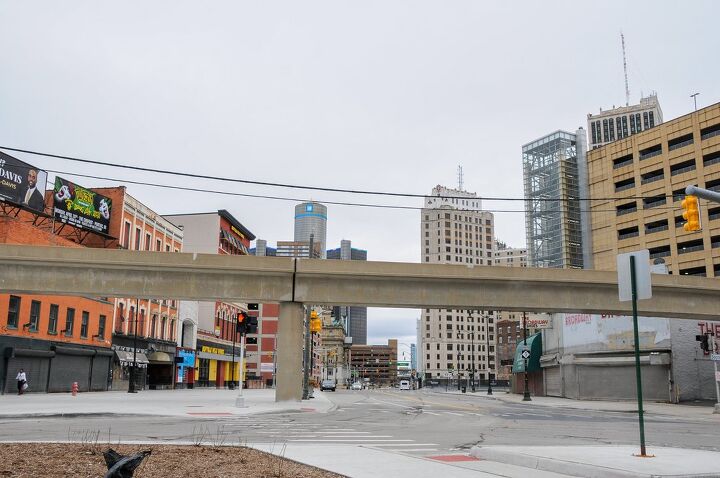



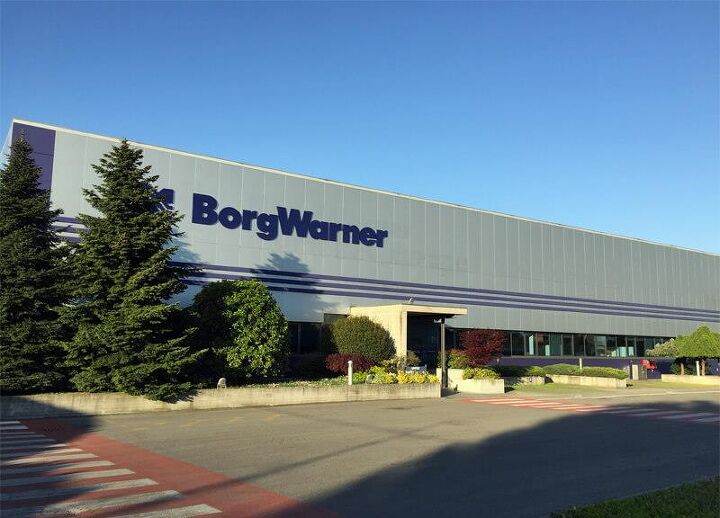


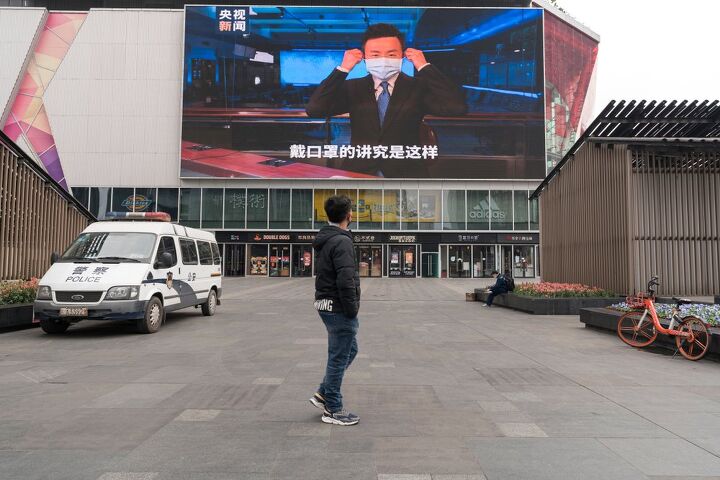
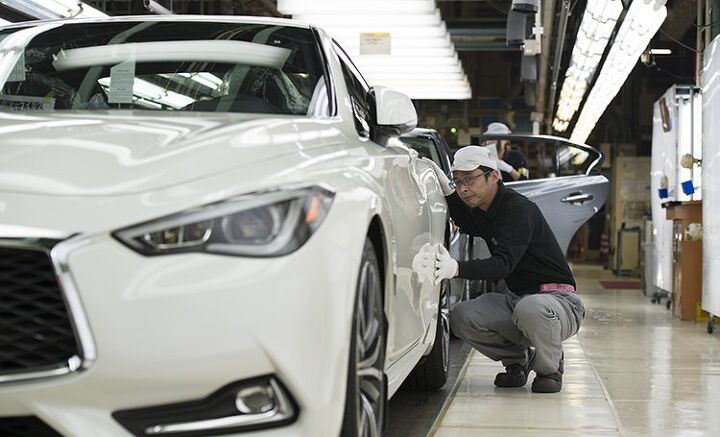
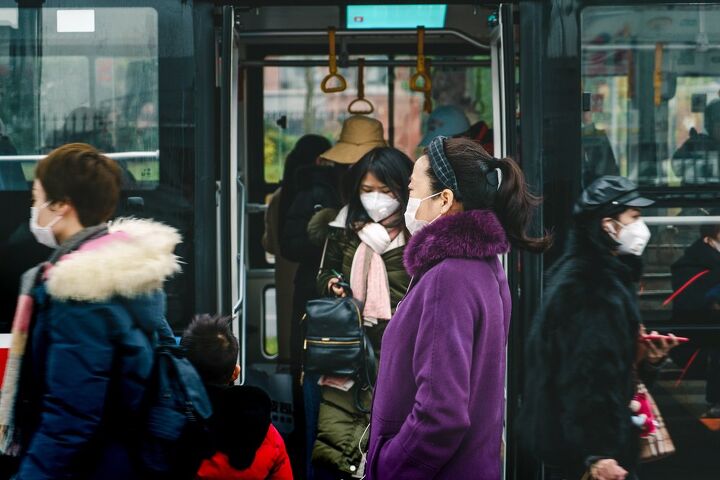
















Recent Comments